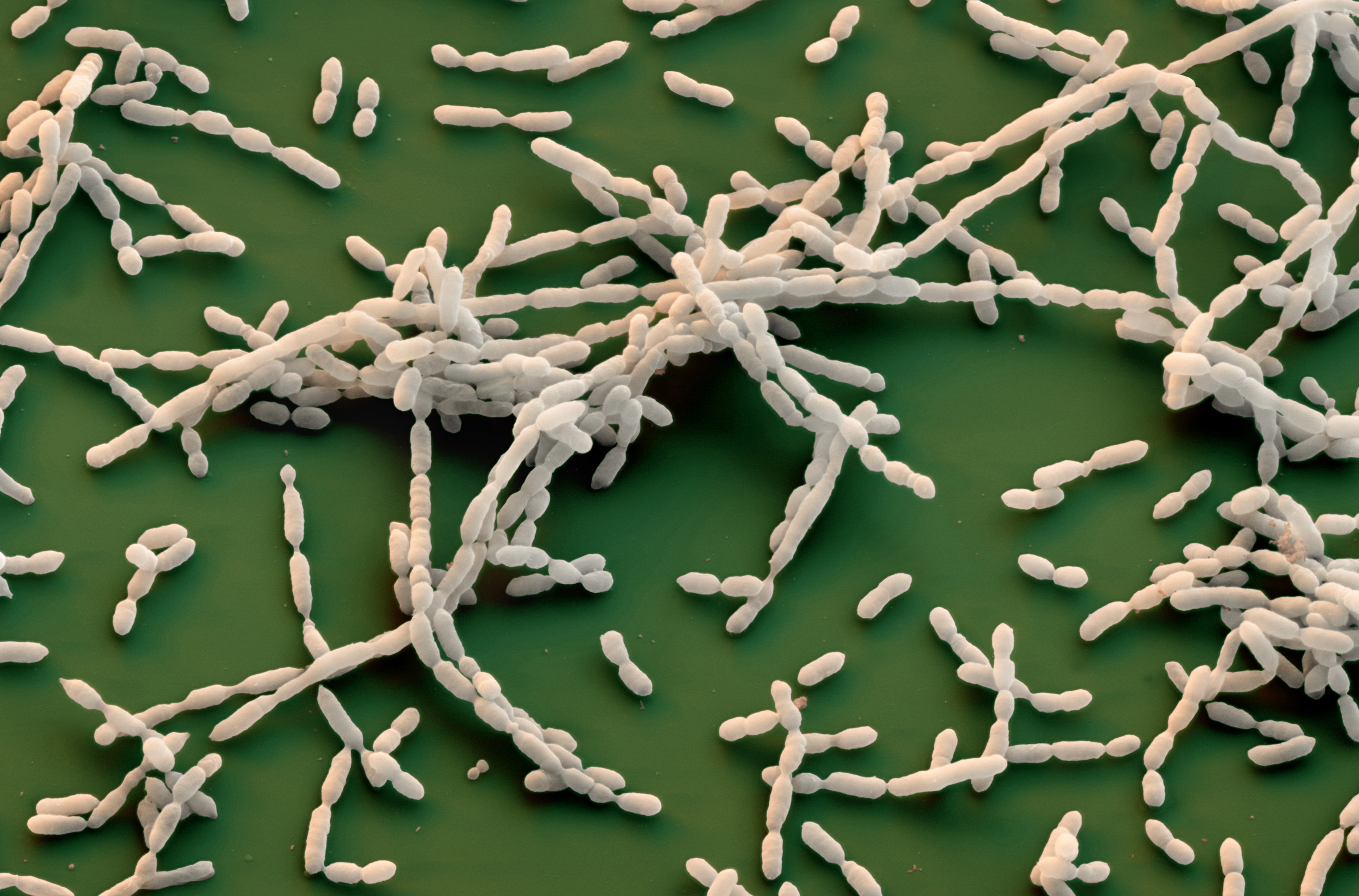
BASF in biofumaric acid project
Submitted by:
Andrew Warmington
BASF has revealed that it is collaborating with three German universities on a project to make fumaric acid from the Basfia succiniciproducens bacterium by fermentation. The company uses fumaric acid as a chemical intermediate for various low carbon footprint products, including food and feed additives for, pharmaceutical raw materials and building blocks for polymers and detergents.
Under FumBio (FUMarsäure BIObasiert), BASF, Saarland University, the University of Marburg and the University of Kaiserslautern-Landau will be taking a genetically modified bacterium that was originally isolated from the rumen of a cow, and fermenting it with sugar and CO2 into fumarate. This will be further refined into biodegradable industrial products using enzymes. The CO2 will come from exhaust gas streams at BASF’s sites, which the company said will help to reduce emissions and achieve its climate targets.
